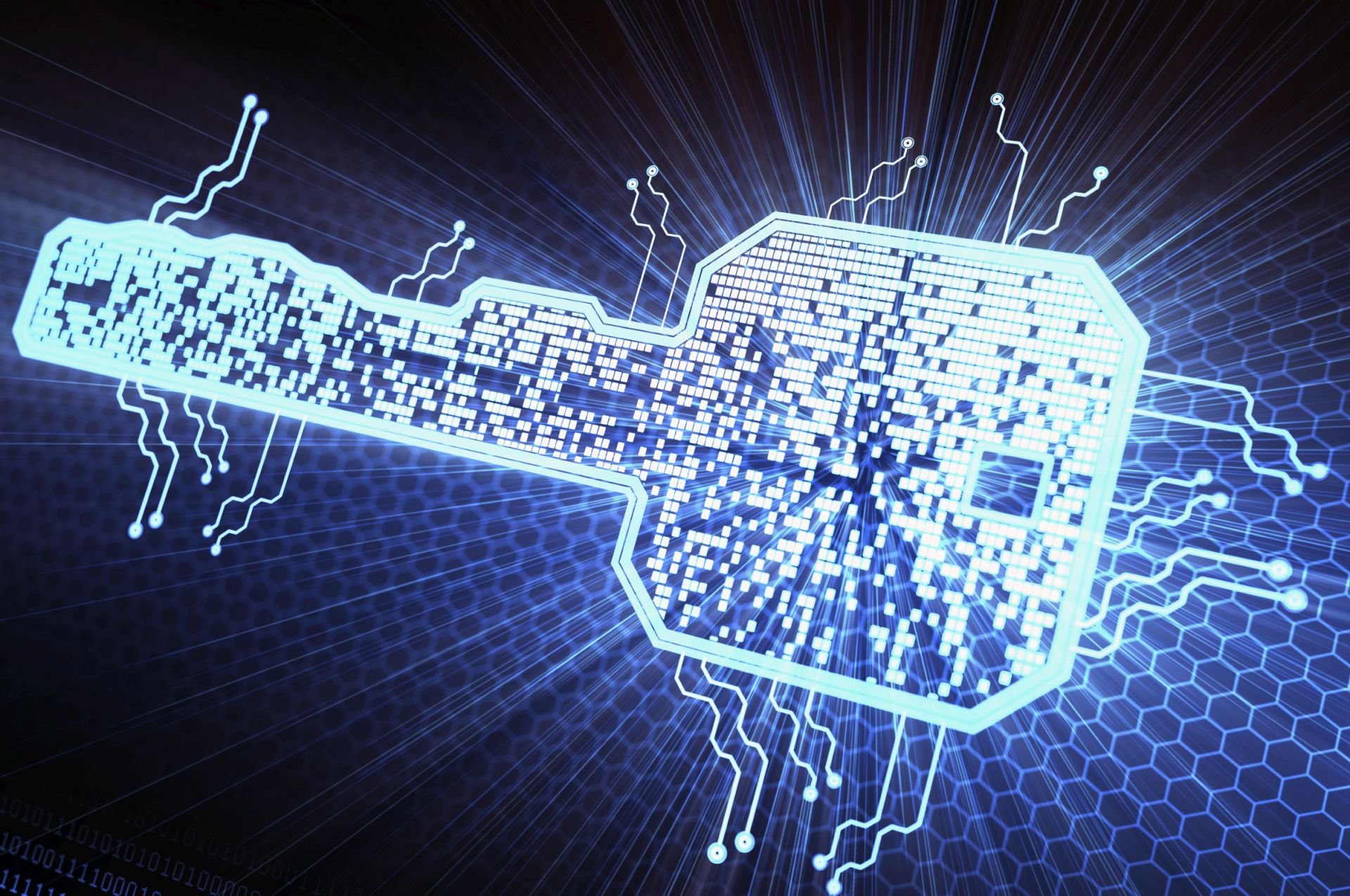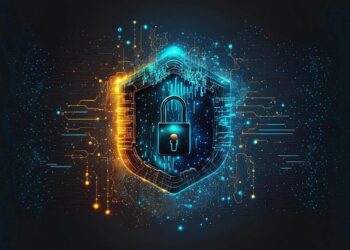US law enforcement officials warned Wednesday that criminals and terror suspects would benefit from stronger data encryption, and called for service providers to retain access to such protected data.
Calling inviolable data a “real national security problem,” Deputy Attorney General Sally Quillian Yates said President Barack Obama’s administration has not ruled out legislation for companies to keep hold of the key into such data.
But “a more productive approach is to work with industry to find solutions for each company rather than a one-size-fits-all,” she told lawmakers.
FBI Director James Comey and other US officials have expressed concern for months since Google and Apple announced plans to lock communications, leaving keys only in users’ hands, in a way that would prevent access by law enforcement even with a warrant.
Those moves came after an outcry over revelations from former intelligence contractor Edward Snowden exposing vast electronic surveillance programs by the US and its allies.
Law enforcement officials say the more robust encryption could hamper the efforts of US law enforcement and intelligence operations by allowing militants from the Islamic State group to avoid detection.
And criminals can also use the tools to communicate with impunity, they say.
“Our tools are becoming increasingly ineffective,” Comey acknowledged in testimony before the Senate Judiciary Committee.
He noted that the Islamic State group uses Twitter to reach and inspire followers on US soil, before using secure mobile messaging applications to discuss potential operations.
“This an enormous problem,” said Comey, adding that FBI might not be able to stop IS attacks on US soil “indefinitely” if the problem is not resolved.
Google executive chairman Eric Schmidt has warned that there is no backdoor that only gives access to “good guys” and not “bad guys.”
But Comey rejected the argument, pointing to the creativity of Silicon Valley.
“Silicon Valley is full of folks who when they stood in their garage years ago were told ‘your dreams are too hard to admire…’ They didn’t listen,” he said.
“I don’t think it’s been given a hard, honest look,” Comey added, referring to encryption alternatives.










